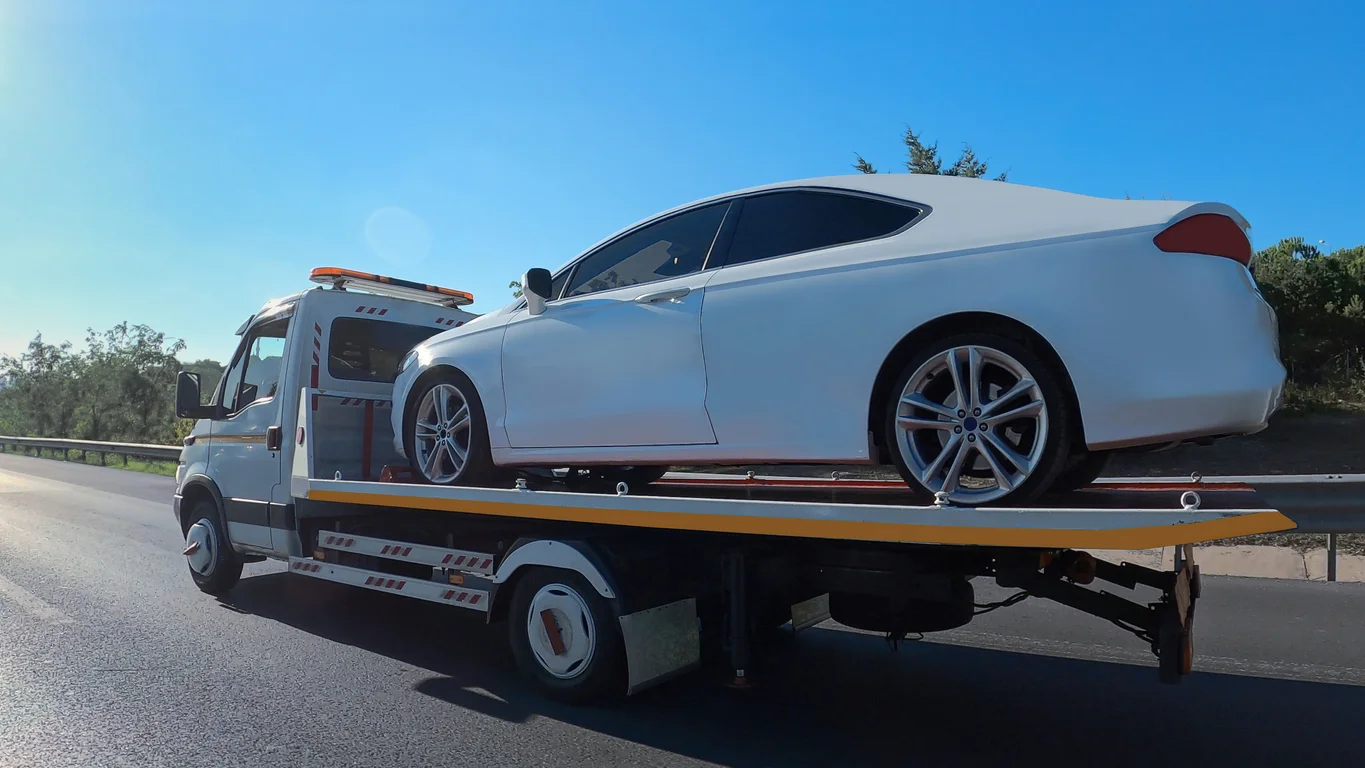Heading
Roadside Assistance for Electric Vehicles
There are roadside assistance services for electric vehicles all over the country, and they’re getting more sophisticated as more drivers switch to EVs.
Many roadside services are the same whether you’re in a gas-powered car or an EV. They include:
- Towing
- Winching
- Lockout assistance
- Tire changes
- Jump starts (where appropriate)
Manufacturer-Provided Assistance
Let your preferred roadside assistance service know you’re driving an EV, since specialized equipment or a mobile charging truck may be necessary.
Rather than requesting a tow, you can ask for mobile charging trucks from certain providers. These specialized vehicles help recharge your electric vehicle (EV) quickly and may be preferable in cases where you only need a short burst of power to get to a charging station. Beyond convenience, it preserves your Original Equipment Manufacturer (OEM) service coverage.
Manufacturer-Provided Assistance
Vehicle manufacturers also offer roadside assistance for their cars. Check the warranties and agreements for your vehicle and always consult your vehicle’s manual to learn what options and solutions might work best for you.
- Tesla provides roadside assistance for their drivers (but be warned - help with a dead battery will cost extra).
- Nissan offers out-of-charge service for their LEAF vehicles for up to 36 months.
- Some companies, like Chevrolet, partner with OnStar to help EV drivers keep track of their battery range and come to the rescue if plans go awry.
- Audi will dispatch a mobile charging vehicle to give their vehicles enough power to make it to a charging station within 10 miles. If there isn’t a charging station close enough, drivers can elect to have their vehicle towed to an Audi dealership or another location within 100 miles to recharge.
- BMW offers roadside assistance coverage for 4 years (6 years for certified pre-owned vehicles).
- Hyundai includes 5 years of roadside assistance with every new vehicle, including towing to the nearest Hyundai dealership or charging point.
- Rivian offers roadside assistance for repairs covered under their vehicle warranty, for 5 years or 60,000 miles, whichever comes first. They also offer assistance for non-warranty repairs, at the owner’s expense.
- Ford also offers roadside assistance for the first 5 years or 60,000 miles, and will tow your vehicle to the nearest charging station, Ford dealership, or your home (if your home is within 50 miles).
Fortunately, EV drivers aren’t likely to need roadside assistance due to a drained battery very often[1]. However, most major original equipment manufacturers (OEMs) and third-party providers cover electric vehicle towing, on-site support, and even mobile charging options statewide and beyond[2]. Learn more by reviewing our official Citations section below.


